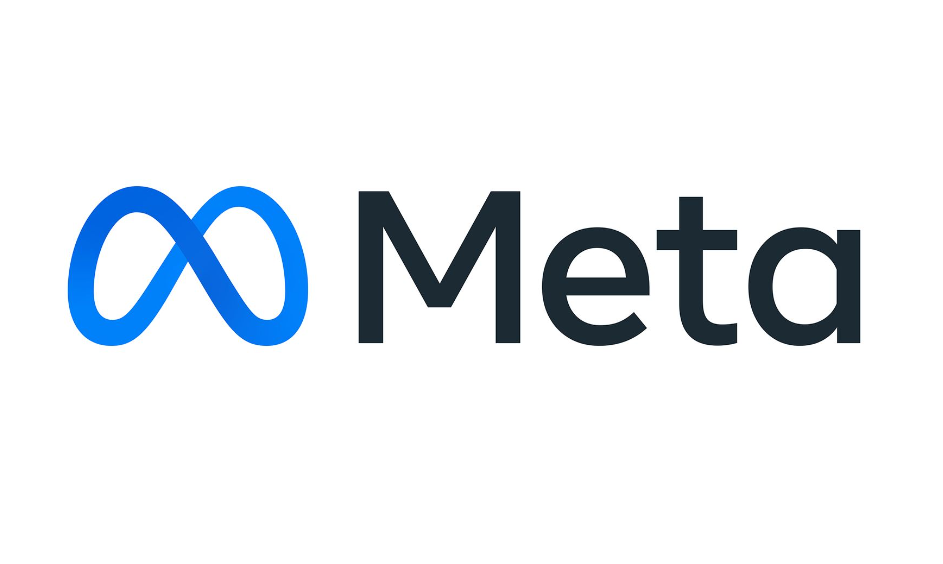The editor of Downcodes learned that Meta has decided to postpone the launch of its upcoming multi-modal AI model in its territory due to EU regulatory concerns. The move will affect European companies using the model, even if Meta releases it under an open license. The decision is similar to Apple's and reflects the tech giant's cautious approach to the EU's increasingly strict regulatory environment. This article will provide an in-depth analysis of Meta’s move and the reasons and impacts behind it.
Meta said it will not launch an upcoming multi-modal AI model in the EU due to regulatory concerns, which will prevent European companies from using the model despite being released under an open license.
Meta spokesperson Kate McLaughlin told The Verge: "We will release the multi-modal Camel model in the coming months, but due to the unpredictability of the European regulatory environment, we will not release it in the EU."

The European Union recently set a compliance deadline for the new Artificial Intelligence Act, requiring technology companies to comply with relevant regulations by August 2026. Meta's decision is similar to Apple, which recently said it may exclude the European Union from its Apple Intelligence rollout due to concerns over the Digital Markets Act.
Meta has also halted plans to release an AI assistant in the European Union and suspended a generative AI tool in Brazil, both due to concerns over data protection compliance.
Meta said its multi-modal AI models will be used in products such as Meta Ray-Ban smart glasses. Axios reports that Meta's neglect of the EU will also extend to future multi-modal AI model releases, but does not include the larger text-only version of the Llama3 model, which will be available to EU customers.
This creates difficulties for companies wishing to offer products and services using these models outside the EU, as they will not be able to offer them in one of the world's largest economic markets.
Highlight:
Meta will not release multi-modal AI models in the EU for the time being, preventing European companies from using the model
The EU sets compliance deadlines for AI companies, causing concerns among technology companies
Meta decided to exclude the EU, Apple also made a similar move involving concerns about the Digital Market Act
Meta’s move highlights the challenges that EU AI regulatory policies pose to technology companies, and also reflects the dilemma of technology companies in balancing innovation and compliance. In the future, the EU’s AI regulatory policy trends and technology companies’ response strategies are worthy of continued attention. The editor of Downcodes will continue to bring you more technology information.